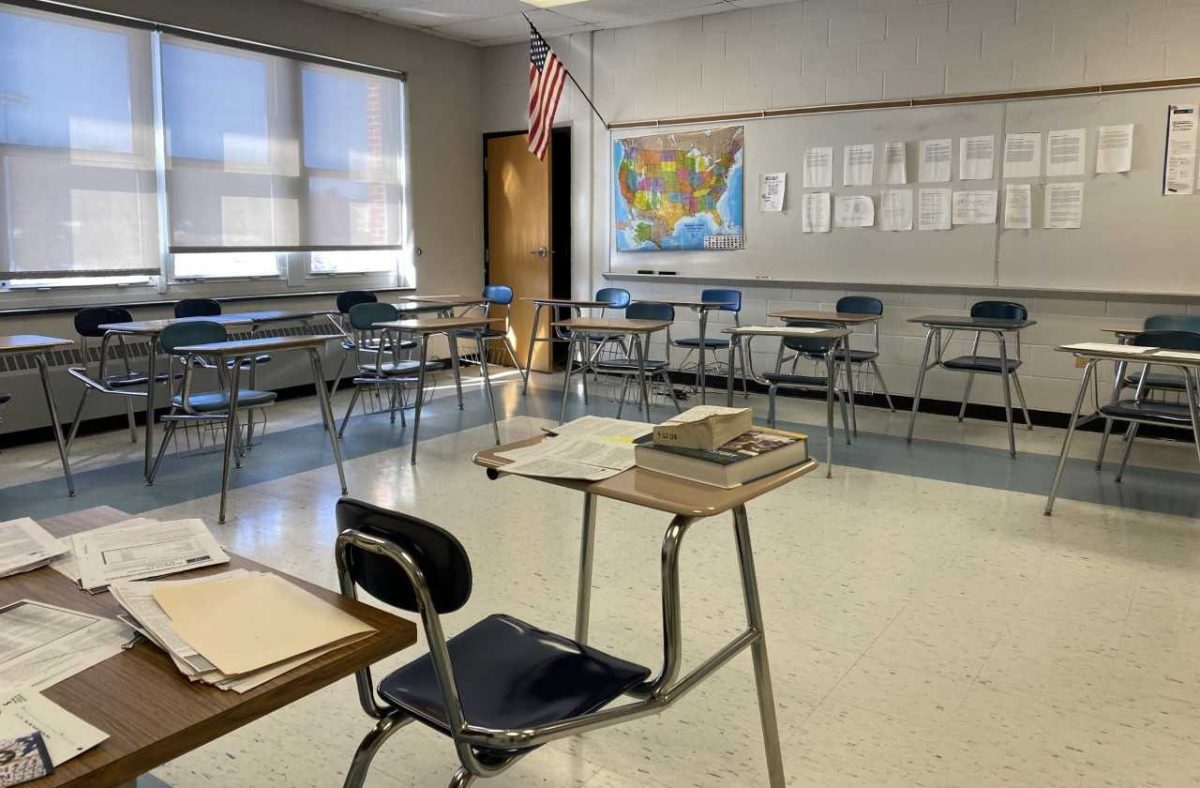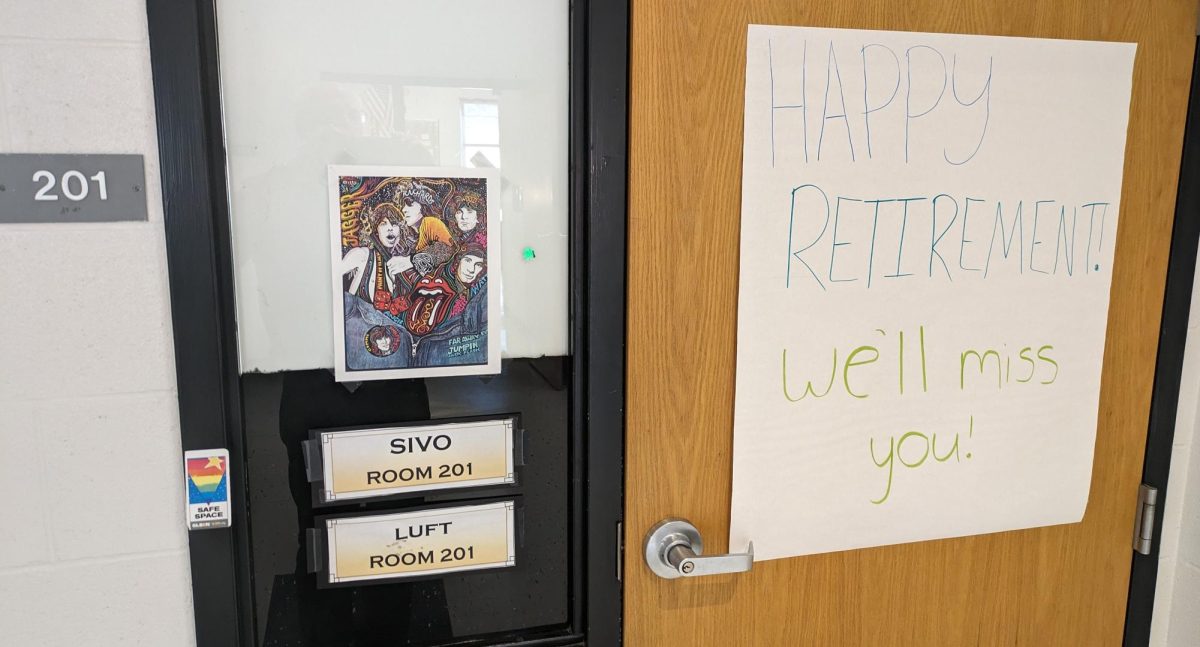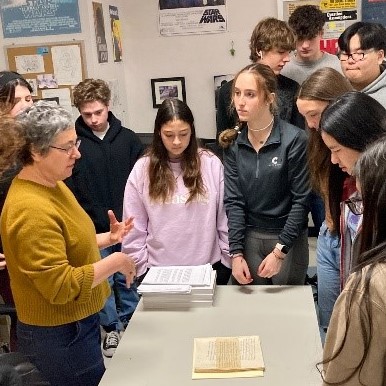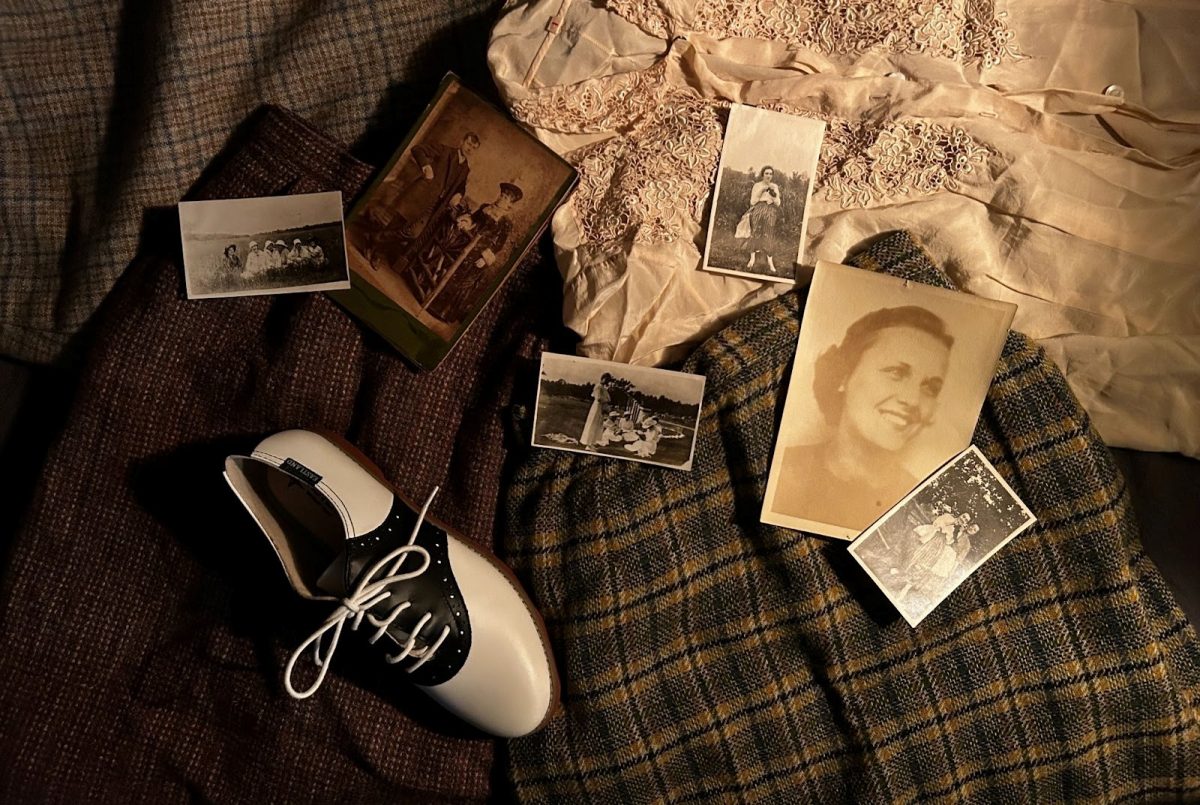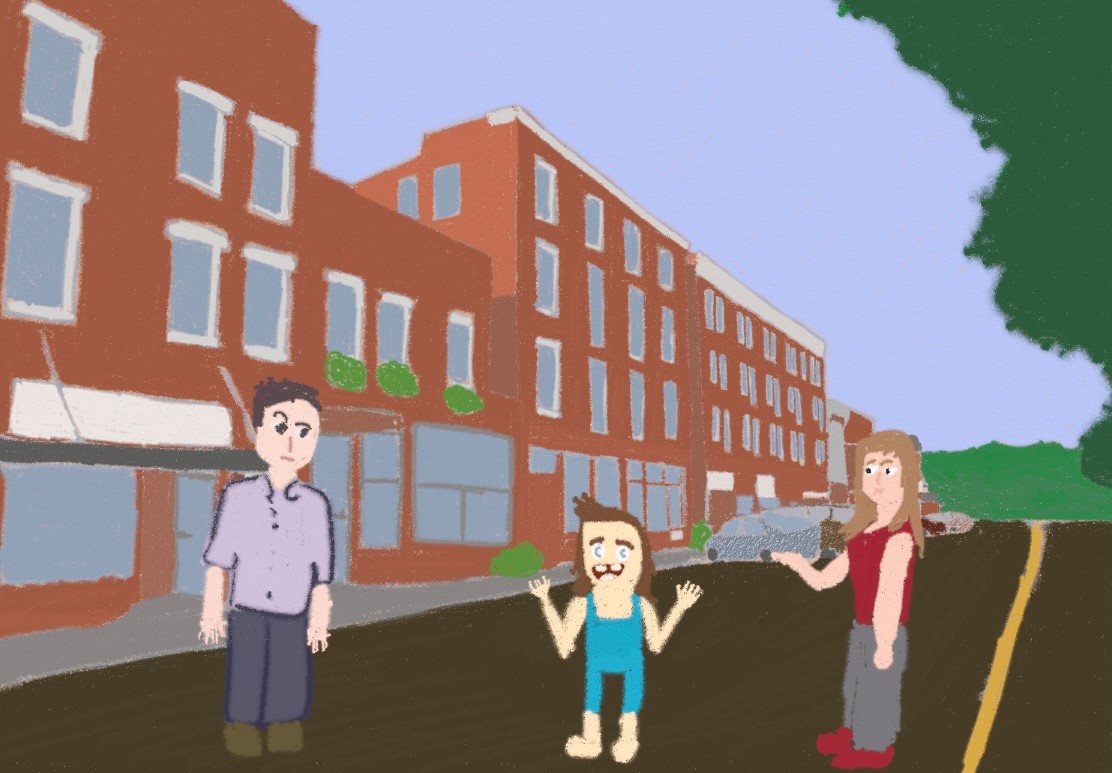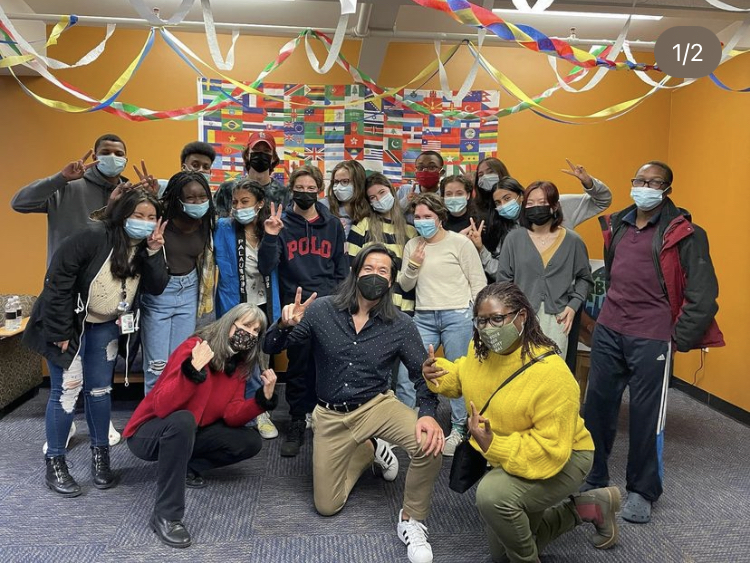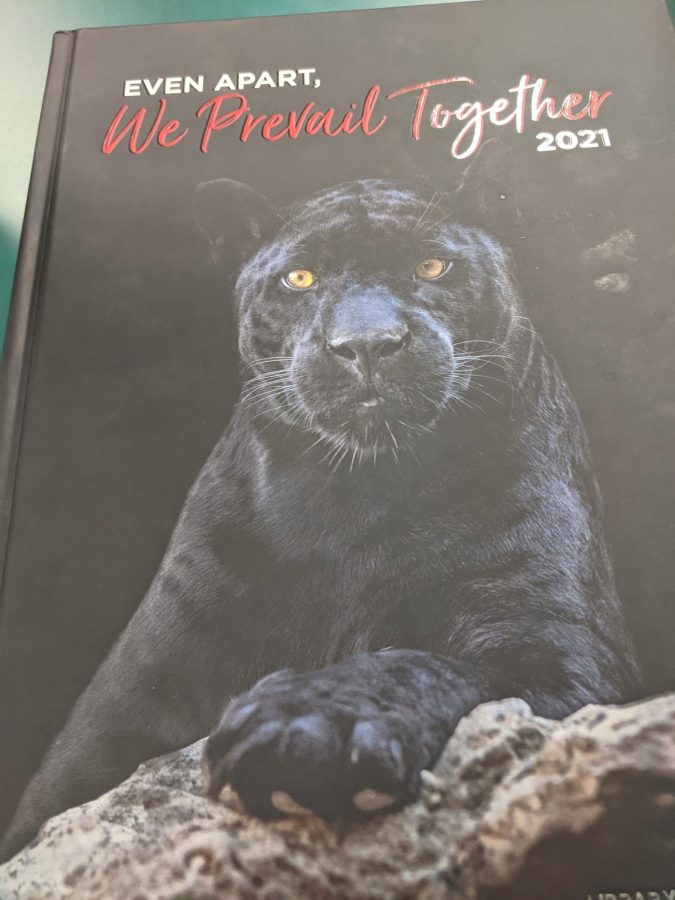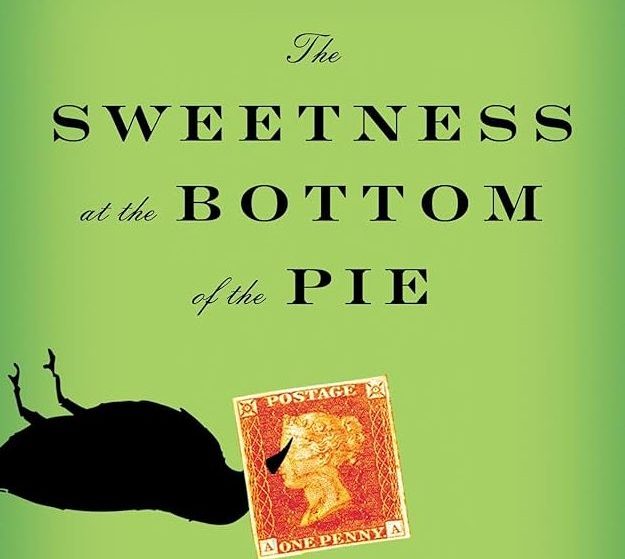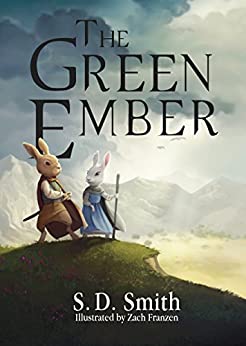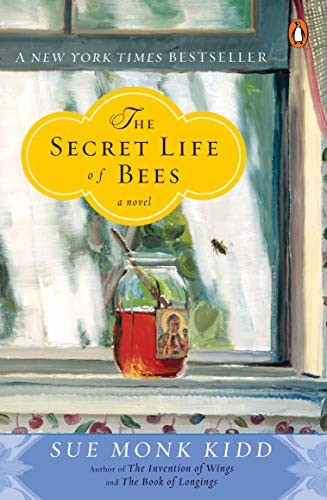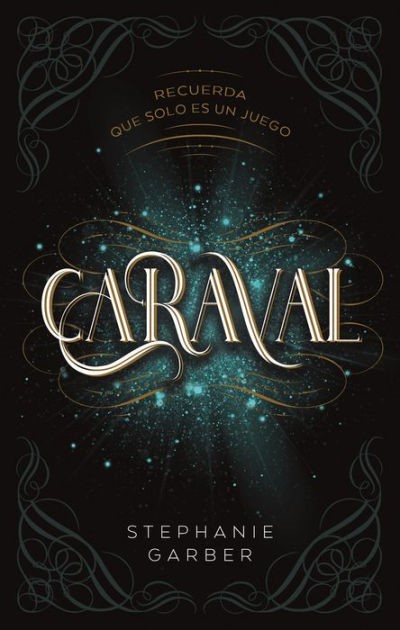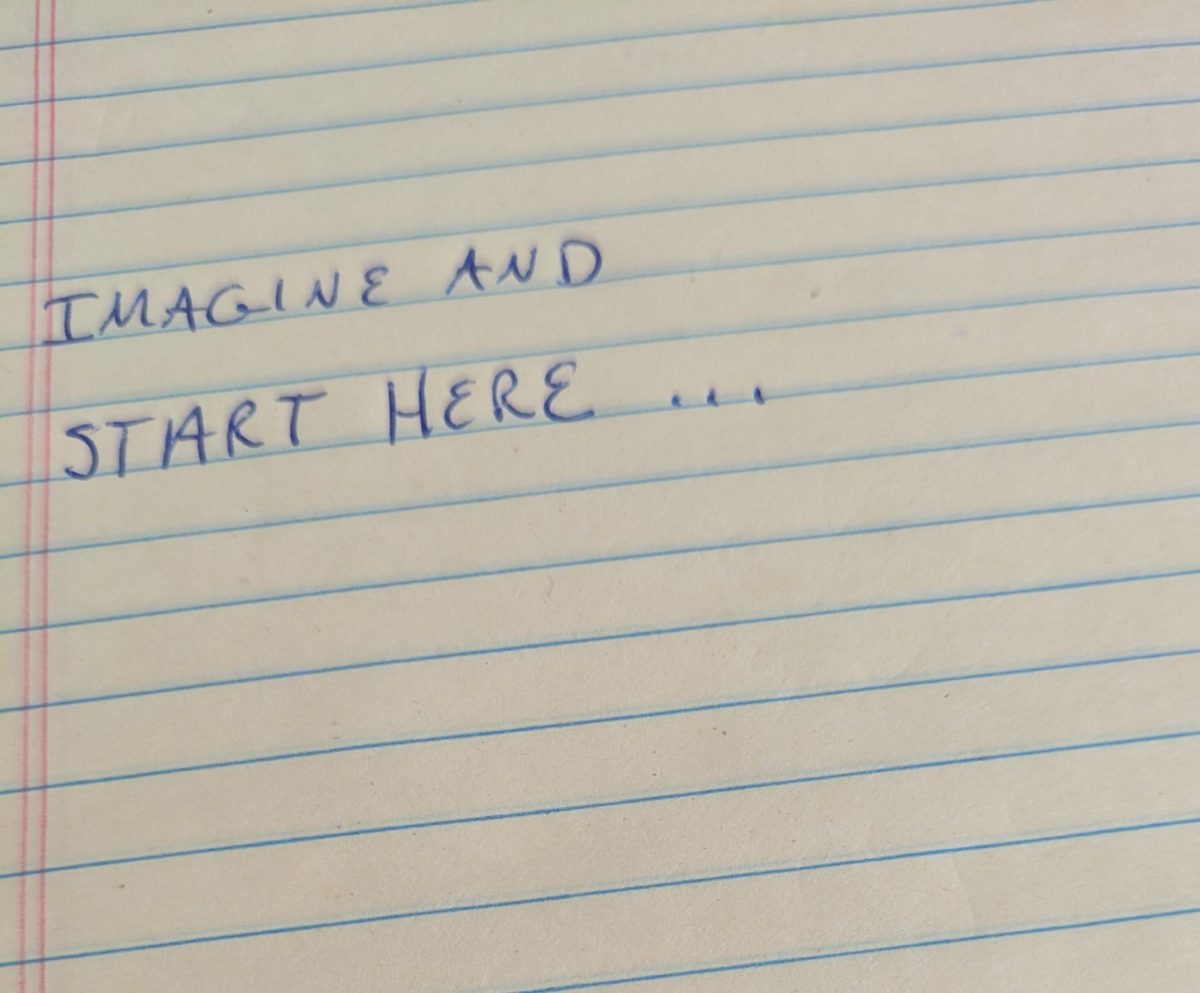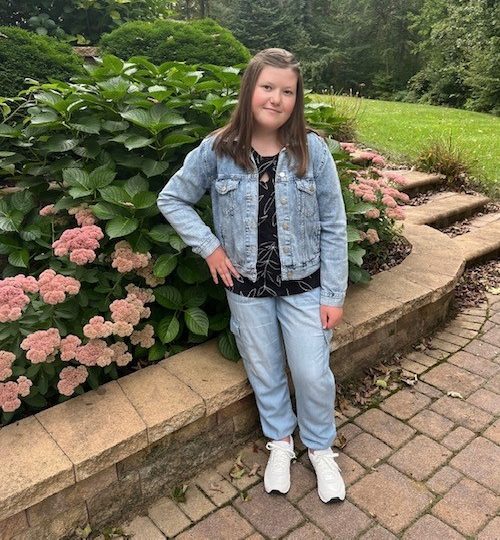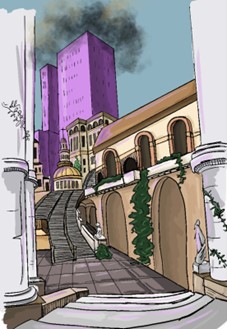Nadia Haeryfer (Class of ’25) staged a short story contest, and the following was selected as one of the two winners. Congrats.
*****
Even though the branches were barren, it was the season of daffodils. The day was as monotone as my father’s voice, the sky like a winter day. Brown leaves blanketed the ground. In this state of fake autumn, one had to know where to trek if they were to find spring. That or one had to be rich, as the gardens of those who did not have to harvest were always green — their trees imported and full with pink blossoms.
As someone who had never seen a jewel in their life, I was left maneuvering past spiderwebs on twigs, barely avoiding getting dead gnats in my hair. The one indicator that spring was, in fact, here were the crows. Although my mother was superstitious and told me to stay away from crows, as their cackle resembles a witch’s, I felt as if the crows were laughing. They were swooping and chasing, more and more coming together to play. Their sound wasn’t indicative of evil either, as I’d almost mistaken them for geese.
If daffodils weren’t yellow, they might as well be called evil as well. I mean, even their yellow could be seen as ‘unnatural’ in this awkward transition from winter to spring. They grew in patches together, on a random hill in the middle of the forest. When I first stumbled across them, I nearly bolted the other way. I was sure that some enchantress had cast a spell here in an attempt to lure their next victim to this forsaken place.
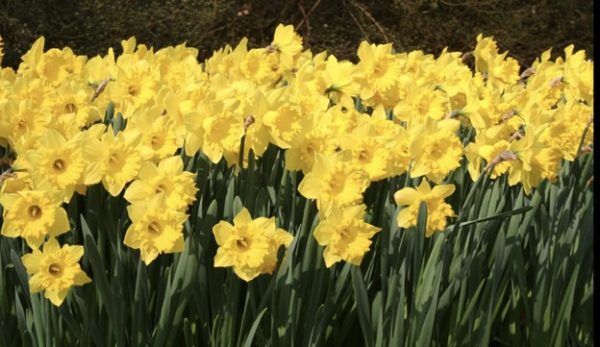
It worked, because here I was again, checking to see if these daffodils were a figment of my imagination. I was hesitant to pluck one, as destroying life is not morally ethical in the first place, but also I didn’t know if these daffodils belonged to anyone. For all I could know, plucking one could curse me into becoming a witch. But there were over five hundred of them, with no house in sight, so the morals were excused. I didn’t pluck the daffodils with their full stems — as daffodils are long, flimsy creatures. When I plucked them, they made a protesting sound, like I was ripping a burlap tarp.
The way back home was somewhat faster than the way up, although that didn’t make the wind any less cold. With my wool cloak and day dress, I wasn’t entirely layered. It had snowed just two days ago, and the wisps of frost had decided to stay for a few extra days. No doubt my cheeks were red as my hands looked like dried, cracking clay.
Predictably, I arrived back in town after ten or so minutes. It was around lunchtime now and smoke was coming out of people’s chimneys, wafting to the sky like dancing spirits. Usually, we simply had bread and soup for lunch, so I wasn’t in a terrible rush to arrive home. However, as soon as I opened the door, I knew that I was in trouble. My father stood in the kitchen with his arms crossed and brows furrowed.
“Where were you?” His volume wasn’t extreme, but the tone of his voice was temperamental to the degree of one that had found out that there was a hole in the roof.
“Just up the mountain,” I replied hesitantly, “I got these flowers …”
I could already tell that I had said the wrong thing. Apparently, plucking flowers was enough to kill a man.
“The nerve to lie to me. You knew you were supposed to make lunch today. Instead, you were out traipsing. Who gave you those flowers?”
Now, his voice had definitely progressed in volume. I had completely forgotten that it was a Wednesday, meaning the day I heated soup. It was a simple process, twenty minutes max with low effort. My mother had clearly already finished heating the soup, as she was seen drinking a bowl at the table.
“I got the flowers up the mountain. I didn’t realize what day it was,” I responded, biting back a ‘sorry’ because it wasn’t him that I was sorry for. In one swift motion, he scattered the daffodils to the floor, petals wafting as the stems laid. My forearm throbbed and my face heated up along with it. I wasn’t one to cry, and usually I didn’t have much to cry about. Even if I did, I would never cry in front of my father. I’d learned my lesson before.
Yet, I could feel my eyes as defiant as a teenager going to sleep. It must be my period, I thought, because I could usually hold it in during times worse than this. Before he could see, I bent down to clean up the daffodils, because someone would have to clean them up eventually. Some remained flawless while others were unsalvageable.
“What are you doing? I’m still speaking to you.” His worn shoes were in front of me, the leather dark where it should be brown, laces frayed at the ends. “You know, I wouldn’t be this mad if you didn’t lie to me.”
“It’s your choice to be mad.” I continued picking up petals, bracing myself for impact. Instead, the impact came a few inches away from me, to the flower I was reaching for. I whipped my hand back to avoid the leather boot trying to crush the daffodil. He moved his foot side to side, as if to create yellow pulp.
“My choice? So I’m the bad guy? You always make me the bad guy. You’re crazy,” father laughed, “Now stop acting like a lunatic and go eat.”
“I’m not hungry.” With my flowers in my arms, I stood up. As much as I wanted to walk out the door, I knew there would be no point of return from there. I took the only other choice I have: my room. With only enough space for a bed and a desk, my room is the smallest in the house. The one part I’m grateful for is the fact that there’s a window. The trees sway and the shadows in my room are a perfect dance partner.
I place the daffodils on the windowsill, almost laughing to myself. I can hear my family outside, father no doubt saying something about how I’m difficult and overly emotional while my mother sits there and nods. In a sense, I was right about the daffodils being cursed. And in a sense, I’d rather be a witch than a lunatic.


